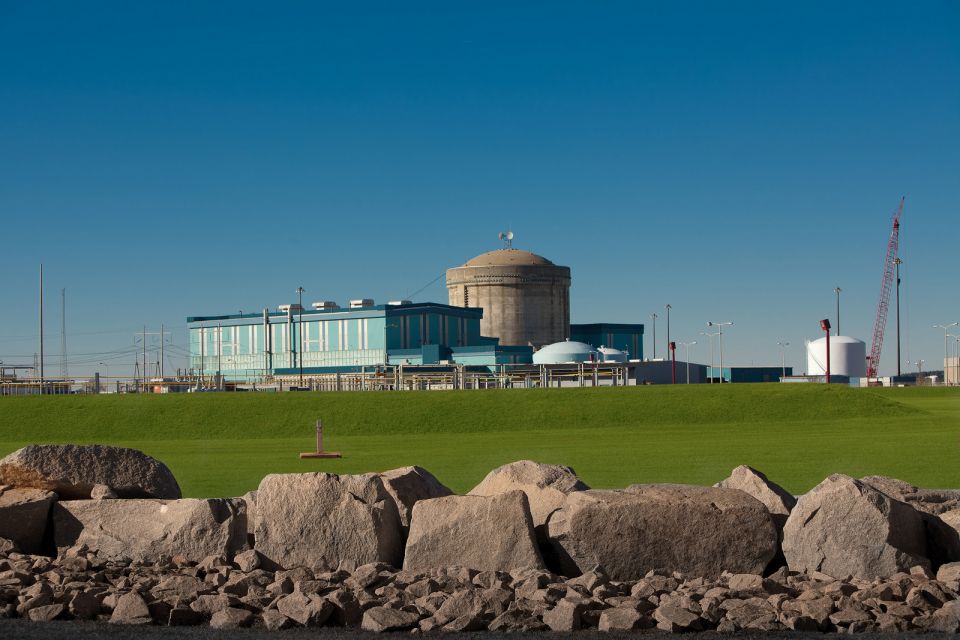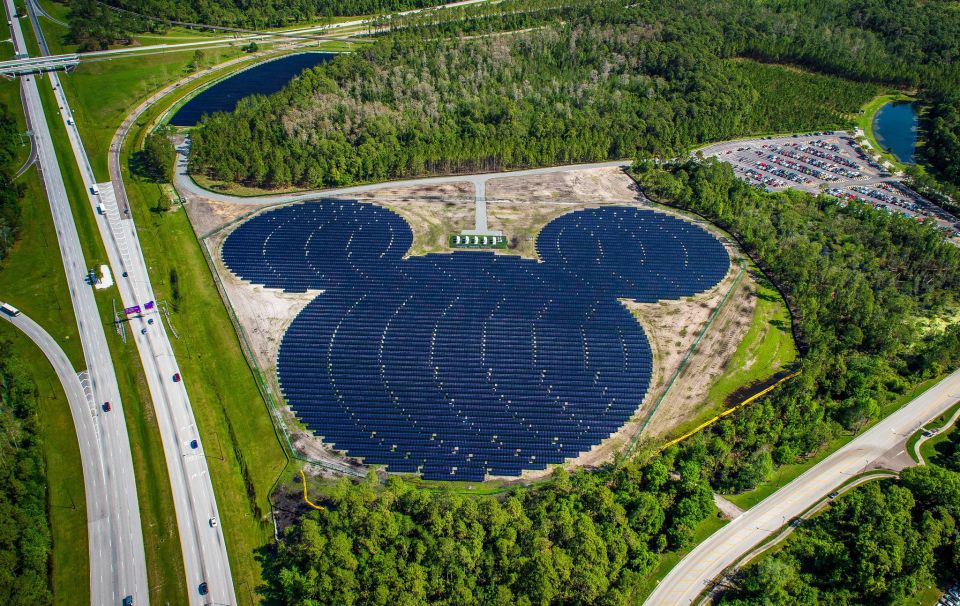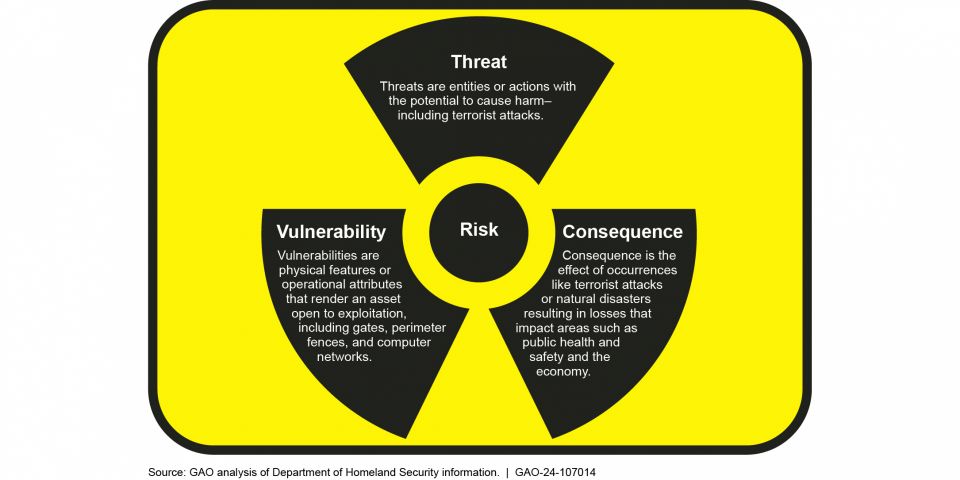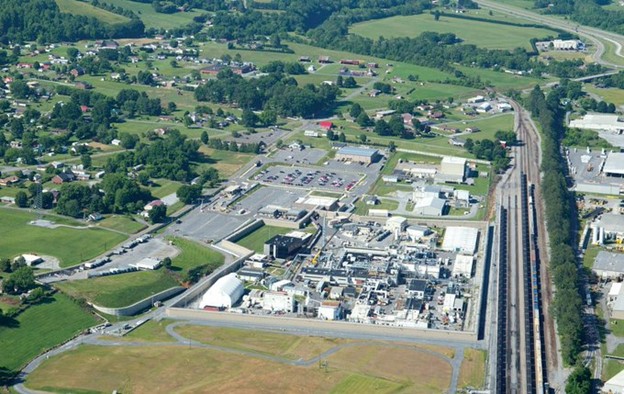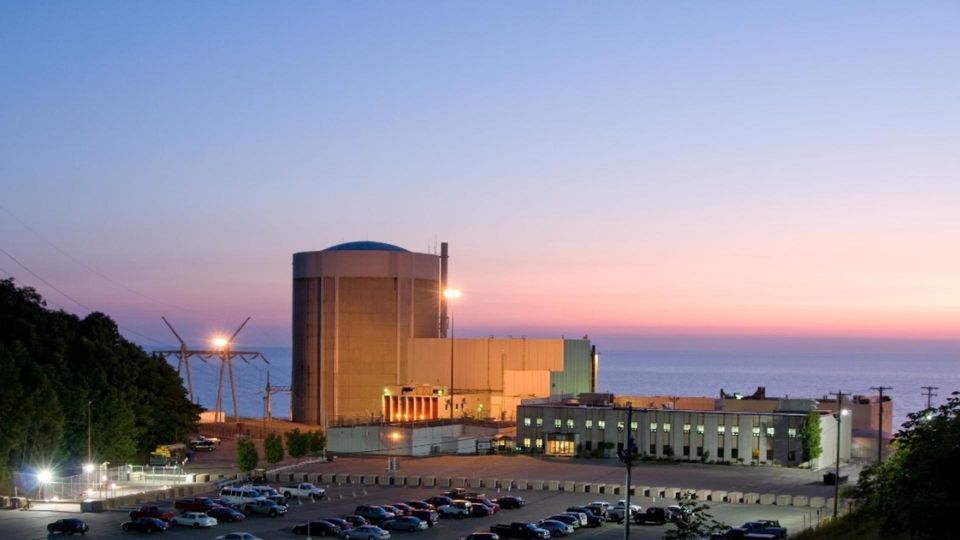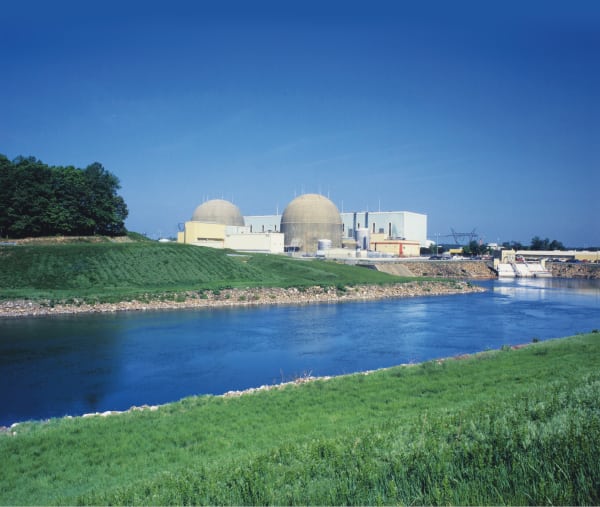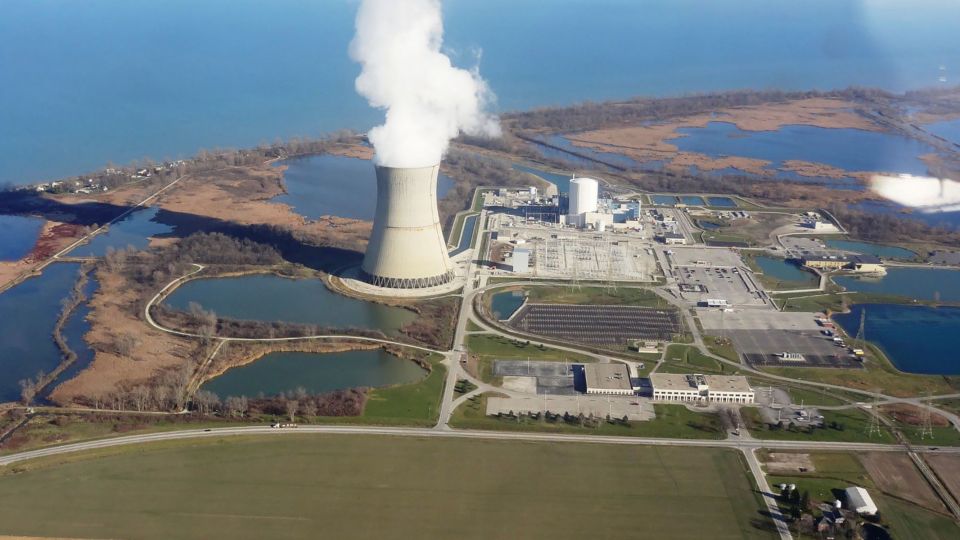An Open Letter to The Oregonian
On October 23, The Oregonian newspaper ran an op-ed by Leslie March of the Sierra Club Nuclear-Free Campaign that questioned the independence of the U.S. Nuclear Regulatory Commission. Paul Lorenzini, co-founder of Oregon-based NuScale Power, submitted a rebuttal based on his many years of experience with regulators worldwide.
The Oregonian failed to acknowledge this and other informed opinions by persons with expertise in nuclear energy facility operations and regulations. The ANS Nuclear Cafe is publishing Dr. Lorenzini's letter as an Open Letter to advance the public dialogue.
_________________
The Oregonian's October 23 op-ed piece is an example of trying to "squeeze blood from a turnip." Based on a recent story by the Associated Press ("US nuke safety varies by region, study shows") it makes the claim that US nuclear plants are not being properly monitored by the US Nuclear Regulatory Commission (NRC). The facts just don't support this assertion.
The AP story reports on a recent study by the Government Accounting Office (GAO) on the Nuclear Regulatory Commission. As claimed by the op-ed piece, the GAO cited "183 lower level violations at the [Columbia Generating Station] and four higher level violations from 2000 to the end of 2012. Each of these violations," the op-ed states, "represents an incident where the reactor's operation was lacking and could have resulted in a risk to the public."
First, the word "safety violation" never appears in the GAO report. More important, the 183 so-called violations were in a category called "green," defined as indicating the "licensee performance is acceptable and cornerstone objectives are met with nominal risk and deviation." As the AP story made clear, these pose "very low risk, such as the improper upkeep of an electrical transformer." They are specifically categorized that way to be sure they are not misrepresented-as this op-ed piece has done-to mean they represent some kind of risk to the public.
The theme of the op-ed piece is the claim that the NRC is not doing its job and is too close to the industry. A rather astounding basis for this is the fact that the industry is the source of the NRC's funding. Just to be clear, the NRC is funded in this way because that's what nuclear critics wanted. This comment was in reference to industry complaints that 90 percent of the NRC workforce was sent home during the recent shutdown.
Was the nuclear industry upset when too many people were furloughed? You bet. In fact, the president of the Nuclear Energy Institute wrote to the NRC complaining that the operation of nuclear plants was too important to have key people taken off the job during this period. No one understands more than those in the nuclear industry how critically important credible and strong regulation is to the continued use of nuclear power, here and elsewhere.
As an aside, in 2007, together with Oregon State University Professor Jose Reyes, I co-founded a company (NuScale Power) to commercialize a small modular reactor that will make significant advances in the safety of nuclear power plants. As we went to the international market, we learned something very quickly: nearly every international customer we met made it clear that they would not consider our plant until it had been certified by the US NRC. Our regulator is regarded as the premier nuclear regulator in the world, and their approval is universally accepted as the international nuclear "gold standard".
The op-ed writer was correct that we need a strong nuclear regulator - fortunately for all of us, we have one.
______________
 Paul Lorenzini has extensive experience in both executive management and nuclear operations and is dedicated to advancing public understanding of nuclear technologies. He began his career with Atomics International, a division of Rockwell International, after earning his Ph.D. in nuclear engineering from Oregon State University. While developing safety analysis codes for design of the liquid metal-cooled fast breed reactor, he also attended law school and earned his J.D.
Paul Lorenzini has extensive experience in both executive management and nuclear operations and is dedicated to advancing public understanding of nuclear technologies. He began his career with Atomics International, a division of Rockwell International, after earning his Ph.D. in nuclear engineering from Oregon State University. While developing safety analysis codes for design of the liquid metal-cooled fast breed reactor, he also attended law school and earned his J.D.
After working with a Portland-based law firm, Lorenzini rejoined Rockwell International at the Hanford Nuclear Defense Complex in eastern Washington state, where he was subsequently named vice president and general manager of Rockwell's Hanford Operations. He later joined PacifiCorp, an electric utility company in Portland, where he spent more than a decade in several executive management positions, including president of Pacific Power & Light, chief executive officer of PacifiCorp Turkey, and chief executive officer of Powercor Australia.
Lorenzini has dedicated his time to many civic roles, including chair of the Citizens Crime Commission, National Executive Board of the Boy Scouts of America, chair of the Neighborhood Partnership Fund, and campaign chair of United Way. He has served in various capacities on the Marylhurst College Board of Trustees, the Portland Chamber of Commerce, the Oregon Symphony, and the Oregon Independent College Foundation. He is the recipient of the Multnomah County Volunteer Award, the Community Partnership Award, and the Crime Commission Annual Citizen Award. He has also served as chair of the Oregon State University Foundation.


